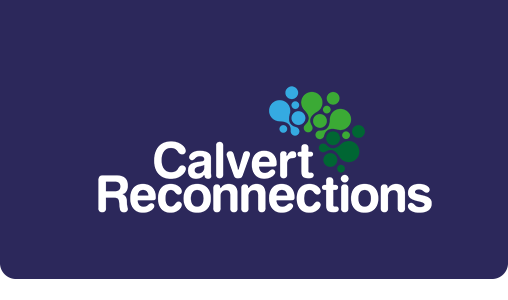Case managers urged to “take control” to secure brain injury rehab funding
Case managers have been urged to “take control” when securing funding from insurers for brain injury rehabilitation.
Speaking at Calvert Reconnections’ Zoominar for case managers and solicitors, Bill Braithwaite QC explained how rehabilitation is the most urgent consideration in brain injury cases – but funding is always the biggest obstacle to overcome.
Addressing delegates, Bill said:
“The client’s treatment and rehabilitation should always come before any litigation.
“You simply cannot secure top-quality brain injury rehabilitation without proper funding in place. If there’s no money, there’s no rehab.
“Getting the money is the starting point. There are only two ways to get an interim payment – through the insurance company providing it voluntarily or by applying to the court.”
Continued Bill, who is a Trustee at the Lake District Calvert Trust:
“An early dialogue between all parties is the best way forward. A reasonable insurer will agree to an interim payment for rehabilitation at a specific unit if they’re provided with solid evidence as to the benefits of the programme. Simply asserting that rehabilitation is necessary is not enough. I’d urge case managers to get stuck in and take an element of control. Don’t take no for an answer, always ask for the reasons why.”
Bill added that applying to the court for an interim payment is “difficult and slow but the only way forward if insurers refuse to co-operate.”
Bill Braithwaite QC was joined on the Zoominar by Sue Reeve, Technical Claims Manager at Aviva, Heather Batey, Trustee at the Lake District Calvert Trust and MD of reach and Claire Appleton, Head of Service at Calvert Reconnections.
Claire Appleton said delays in funding had led to brain injury survivors missing out on vital rehabilitation at Calvert Reconnections. “It’s massively frustrating when we miss that window of opportunity to deliver life-changing outcomes for participants as a result of funding obstacles,” explained Claire.
Calvert Reconnections is a unique residential neuro-rehabilitation centre for people with post-acute ABI. The centre delivers cognitive and physical rehabilitation strategies alongside daily living and vocational skills within the local community.
Since Calvert Reconnections opened in June 2021, individual client results have been quite remarkable in terms of physical improvement, personal sense of wellbeing and a return to independent living.
“We deliver individualised rehabilitation opportunities enabling each person to reach their potential while having a different rehabilitation experience,” continued Claire.
“Our programme aims to maximise the participant’s cognitive, social, emotional, physical and psychological well-being facilitating recovery and independence.
“With a view towards life back in the community for each participant we also provide aspects of the rehabilitation programme where needed around self-care and work, with opportunities for increasing self-care skills and work-based placements.”
Calvert Reconnections, which is part of the Lake District Calvert Trust, actively seeks to incorporate a wide range of outdoor activities into each participant’s rehabilitation programme. This may range from reflective activities such as fishing, bird watching or a nature walk to higher adventure activities such as horse riding, canoeing, rock-climbing and abseiling – all closely assessed and graded to a person’s interests and functional abilities. Importantly, participants are involved in every aspect of the activities they undertake. They complete meaningful tasks, from concept to completion, in a real-world setting.
